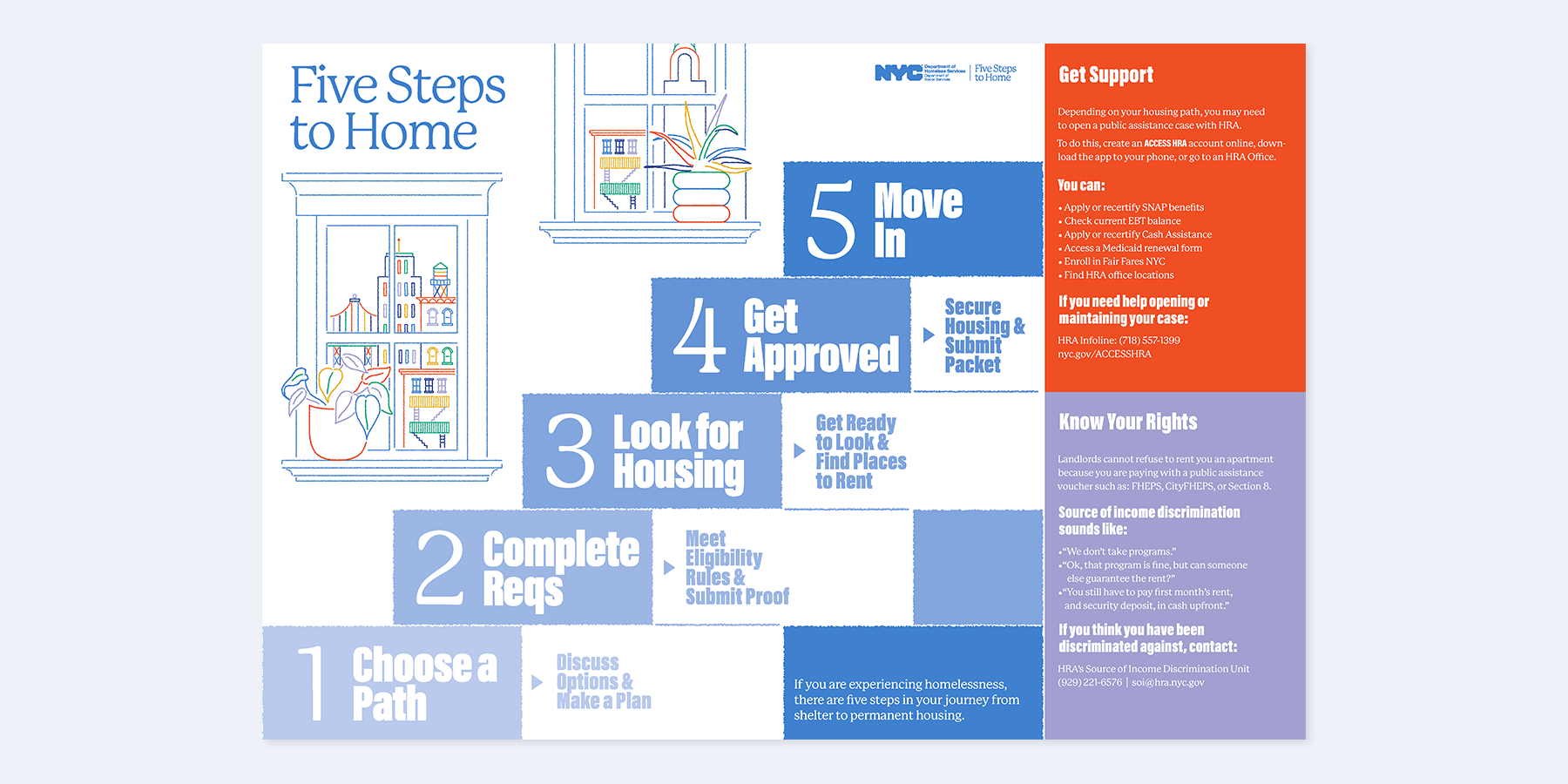

Navigating new residential projects can be a complex but rewarding journey. Whether you’re a seasoned investor or a first-time homebuyer, understanding the nuances of the market, development process, and your own needs is key to success. This comprehensive guide will break down the intricate world of new residential developments, helping you confidently navigate the process from start to finish. We’ll explore everything from market trends and financing options to understanding community features and developer reputation. By the end of this article, you’ll possess the knowledge to make informed decisions and maximize your investment potential.
Understanding Market Trends and Opportunities
Evaluating Local Market Conditions
The real estate market is a dynamic environment, influenced by various factors such as economic conditions, local regulations, and community development initiatives. Conducting thorough market research is critical for assessing the potential of specific residential projects. Analyze local demographic trends, property prices, and vacancy rates in the areas surrounding potential projects. Consider the local economy and employment trends—strong job growth often correlates with increased demand and higher property values. This research lays the groundwork for informed decision-making. For example, if you’re considering investing in a rapidly developing suburb with new job opportunities, the project might offer promising returns.
Identifying Growth Potential
Keep an eye on future developments and planned infrastructural improvements that might impact property values positively. Factors like proposed transportation improvements, retail expansion, or school development can significantly influence the desirability of a neighborhood in the years to come. Studying comparable projects in the area, and carefully reviewing any public documents or community reports will help you accurately assess growth potential.
Evaluating Development Process and Timeline
Understanding Construction Timeline
One key aspect of navigating new residential projects is understanding the construction timeline. This involves researching permits, approvals, and timelines for completion. A thorough investigation of the project schedule will help you gauge its viability. For instance, knowing an anticipated completion date allows you to plan for potential timeframes associated with any necessary moves. In addition, carefully scrutinizing the track record of the construction team will give you a better understanding of possible delays or potential cost overruns.
Managing Risks
Investigate any potential risks associated with the project. Consider factors like environmental concerns, availability of construction materials, and unexpected changes in local policies that could affect the development timeline and costs.
Financial Considerations for New Residential Projects
Assessing Financing Options
Explore different financing options, keeping in mind the terms and conditions that each may offer. Compare mortgages, loans, and potentially government-backed programs tailored for new construction projects. Understand the potential interest rates, repayment schedules, and fees associated with different financing options. Analyze the cost of property taxes and potential HOA fees that may be associated with the community. Calculating expected maintenance costs is also a crucial component of financial planning. A thorough cost-benefit analysis ensures your investment aligns with your financial objectives.
Budgeting for Maintenance and Long-Term Expenses
Anticipate and factor in long-term expenses beyond the purchase price. This includes ongoing maintenance and property taxes. Detailed financial projections will help you make informed decisions and avoid overestimating your budget.
Understanding Community Amenities and Features
Evaluating Amenities and Community Features
Examine the community amenities—parks, schools, shopping centers, and recreational facilities—to determine if they align with your needs and preferences. These amenities play a significant role in the perceived value and desirability of a property. Consider whether future growth plans align with your desired lifestyle. Analyze the projected population growth—higher growth often translates to stronger community amenities. Also, research potential community regulations or HOA policies that may affect your lifestyle choices.
Assessing Neighborhood Safety and Security
Neighborhood safety and security are important factors to consider. Review crime rates, access to emergency services, and overall community safety standards. A high degree of safety directly impacts a property’s long-term value and desirability. Research any community initiatives aimed at maintaining or improving safety standards in the area.
Choosing Reputable Developers and Contractors
Vetting Developers and Contractors
Researching developer reputations and track records is essential for evaluating new residential projects. Seek recommendations, investigate past projects, and consider their commitment to quality and timely completion. Check for any red flags and any past issues. Examine their experience level and adherence to local building codes and regulations. In addition, understand the developer’s commitment to sustainability.
Understanding Legal and Regulatory Aspects
Researching Permits and Approvals
Understanding the legal framework, including building permits and approvals, is essential. Thorough research ensures compliance and avoids potential legal issues or setbacks. Study local zoning laws and building regulations to verify compliance with zoning codes. Be aware of any potential impact of these regulations on future developments in the area.
Understanding Property Taxes and HOA Fees
Familiarize yourself with local property tax rates and any prospective HOA fees in the relevant community. Research the property tax assessment process and any factors influencing the property tax rate in the area.
Making Informed Investment Decisions
Prioritizing Your Needs and Preferences
Prioritizing your needs, preferences, and lifestyle choices is crucial to your decision-making process. Consider factors like location, size, desired amenities, and potential future needs. Create a list of must-have features for your ideal home. This will guide your decision-making process and ensure your purchase aligns with your personal needs and aspirations.
Seeking Professional Advice and Guidance
Seeking expert advice from real estate agents, financial advisors, or project developers is a smart investment. These professionals can provide valuable insights into the market, financing options, and potential risks.
Conclusion
Frequently Asked Questions (FAQs)
What factors should I consider when choosing a new residential project?
When selecting a new residential project, consider factors such as market trends, projected growth, construction timelines, financing options, and the reputation of the developer. Research the neighborhood’s safety, amenities, and potential for long-term value. Assess how your personal needs and preferences align with the project. A thorough investigation into community features and projected growth can help you make an informed decision.
What are the key considerations for obtaining financing for a new home?
Securing financing for a new residential project involves a careful consideration of different loan options. Understanding various mortgage programs, loan terms, interest rates, and repayment schedules is crucial. Evaluating your current financial position and ensuring you can comfortably afford the long-term commitments is also essential. Consult financial advisors and real estate professionals for tailored advice relevant to your situation and financial goals. Thoroughly investigating potential financing options and understanding their implications can help you make well-informed financial decisions relating to your investment.
In conclusion, navigating the world of new residential projects requires a proactive and informed approach. By thoroughly researching development opportunities, understanding local market conditions, and prioritizing your needs, you can make sound investment decisions. Remember to seek professional guidance when necessary, and don’t hesitate to ask questions. If you are looking for a fulfilling and potentially lucrative real estate investment experience, consider new residential projects. Contact us today for a comprehensive consultation and let us help you make your dream home a reality!
